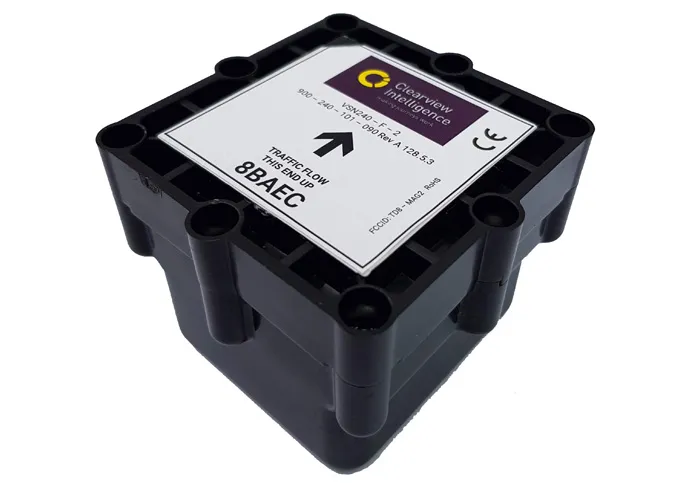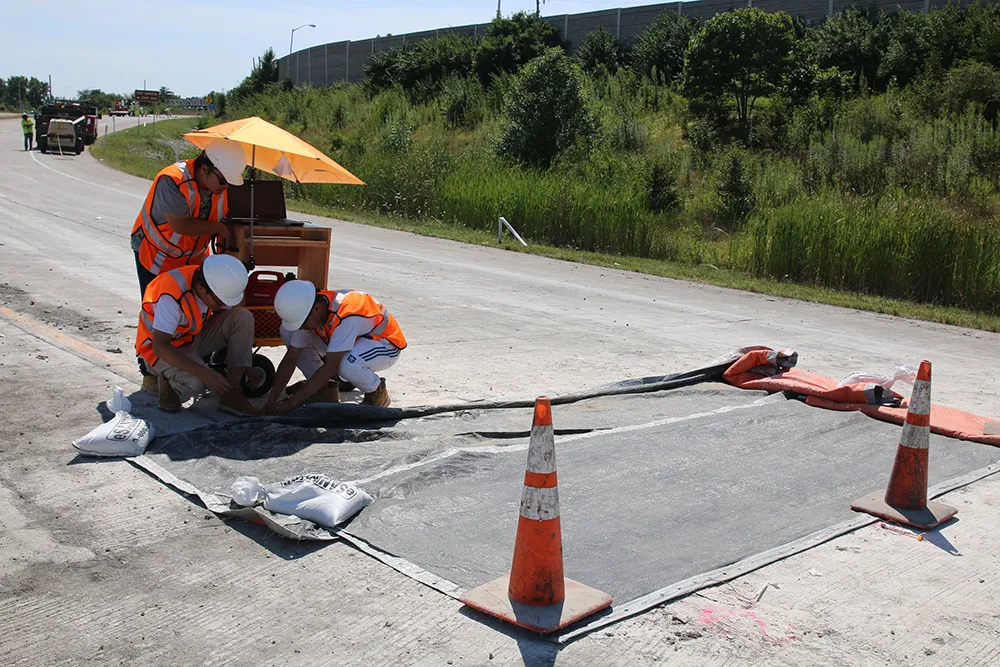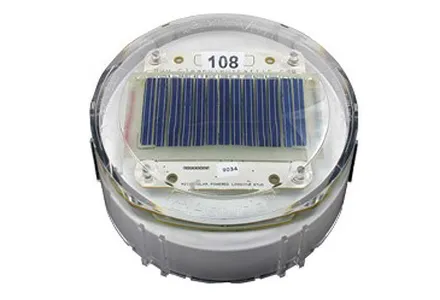
The study also showed that there are additional benefits, according to
MIDAS - motorway incident detection and automatic signalling, is a network of traffic sensors, usually inductive loops that alert a local control centres to traffic flow and average speeds. The data helps the centre set information for travellers, such as variable message signs and advisory speed limits.
The trial was done by a project group comprising representatives of Clearview Intelligence,
“The conclusion of the report is that under similar circumstances and with the same installation methodology, the magnetometers are a suitable alternative to inductive loop detection,” according to a statement by Jacobs Engineering Group which compiled the findings report on behalf of A-one+.
Clearview noted that Connect Roads had previously been managing a lane surfacing strategy that created additional re-cutting of loops and subsequent increased degradation of the road surface. Highways England was also struggling to build a viable business case for full radar deployment. As a result, they agreed to a commission of Clearview’s M100 magnetometers on a trial basis.
Unlike inductive loops which are installed across the width of the carriageway, the M100 is cored into the centre of the lane. This avoids the natural wearing course. Sensors detect changes in the earth’s magnetic field caused by passing vehicles to provide vehicle detection data equivalent to that generated by inductive loops.
Following completion of the trial, the data was submitted to, and accepted by the National Information Service, which confirmed the data was “suitable for vehicle clarification”.
With a battery life of between eight and 10 years, the trial recognised the installation and replacement of magnetometers was “far less onerous” than loops when considering the time, cost and traffic management, as well as the fact the M100 is non-evasive to the road surface.
Clearview says that it’s magnetometers are up to four times faster to install than traditional loops. Because they are battery operated, they can be installed independently of each other which reduces the need for full carriageway closures. They can also be installed to a depth of up to 165mm which allows for carriageways to be resurfaced without the need to remove and reinstall the magnetometers.







